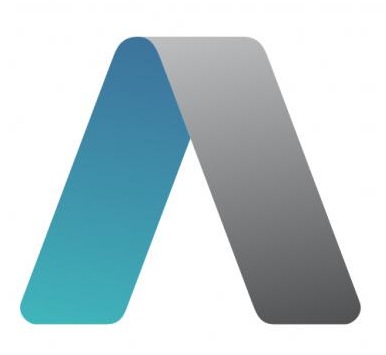ABC Inc. v. Aereo: The Supreme Court Decides the Future of Cloud
 Last week the Supreme Court heard oral argument in ABC, Inc. v. Aereo. The case directly involves copyright but can also have implications for the cloud generally, insofar as much of the content that is uploaded and stored by cloud companies is subject to copyright.
Last week the Supreme Court heard oral argument in ABC, Inc. v. Aereo. The case directly involves copyright but can also have implications for the cloud generally, insofar as much of the content that is uploaded and stored by cloud companies is subject to copyright.
Very sharp are lawyers involved, including Paul Clement, who is arguably the top appellate lawyer in the country, and the Justices ask some very insightful questions. Companies like Dropbox, iCloud and Roku are all mentioned at some point by name, and distinctions are drawn between cloud companies that provide “private lockers” vs. companies who use uploaded content for aggregation, indexing, or redistribution.
Check it out on Oyez, who crafted the abstract listed below. You will enjoy hearing how people who don’t work with the cloud everyday actually talk and think about the cloud.
From Oyez:
Facts of the Case
Aereo, Inc. (Aereo) provides a service that allows its subscribers to watch programs that are currently airing on network television or record programs that will air in the future over the Internet. By allowing subscribers to watch live television as well as record and watch shows on Internet-enabled devices including mobile phones, Aereo serves three functions: that of a regular television antenna, a recording device, and an application that makes these services work on devices other than televisions and computers. Aereo is currently only available to subscribers in the New York City area and offers only New York City local channels. Aereo does not have a license from the copyright holders of the programs to record or transmit their programs.
Two groups of plaintiffs filed separate copyright infringement suits against Aereo and moved for a preliminary injunction to prevent Aereo from transmitting programs to its subscribers while the programs were still being broadcast. The plaintiffs claimed that the transmission of the programs violated their right to “publicly perform” their copyrighted works. The district court denied the motion and held that Aereo’s system was not substantially different from another that had been determined non-violative of the rights of copyright holders and that, while the injunction might prevent harm for the plaintiffs’ businesses, it would irreparably harm Aereo’s. The U.S. Court of Appeals for the Second Circuit affirmed the lower court’s ruling to deny the motion.
Question
Does a company “publicly perform” a copyrighted television program when it transmits the program to paid subscribers over the Internet?
Share post:








